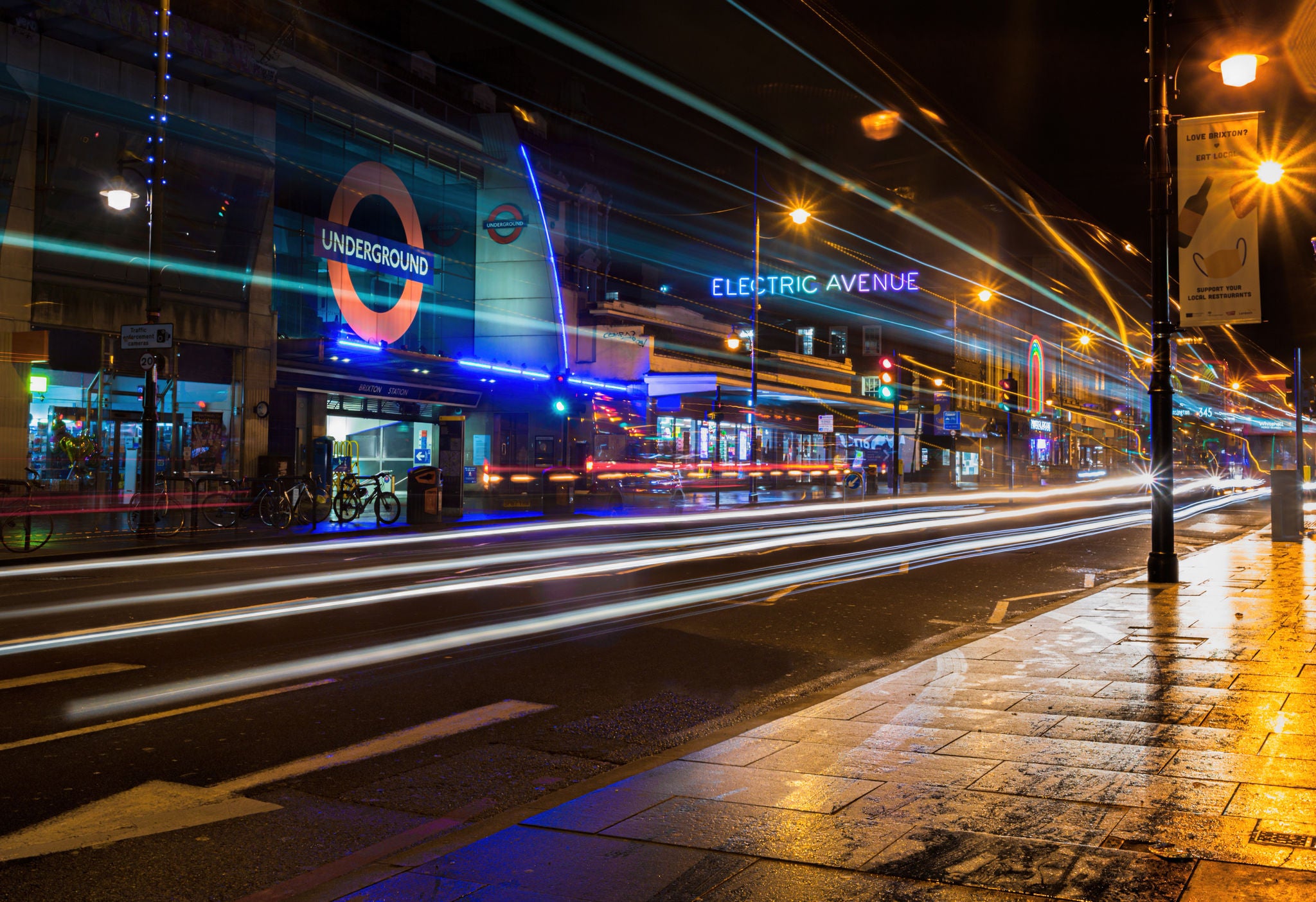
# Future Mobility
Electrifying the future
Global cities leading the charge in electric vehicle adoption

Have you ever thought about using more a sustainable means of transport or even buying an electric car? In this blog post we tell you which European cities are at the forefront in terms of supporting you with those plans.
Electric vehicles (EVs) are revolutionizing the way we think about transportation. With their eco-friendly credentials and cost-saving benefits, it’s no wonder that EV adoption is on the rise worldwide.
Electric car sales soar: 2022 milestones and 2023 projections
The electric car market in Europe is booming, with 2022 marking a historic milestone. Sales of electric vehicles (EVs) surpassed a staggering 10 million units. To put that in perspective, electric cars accounted for 14% of all new car sales last year, a significant jump from around 9% in 2021 and less than 5% in 2020. (Source: IEA 2023)
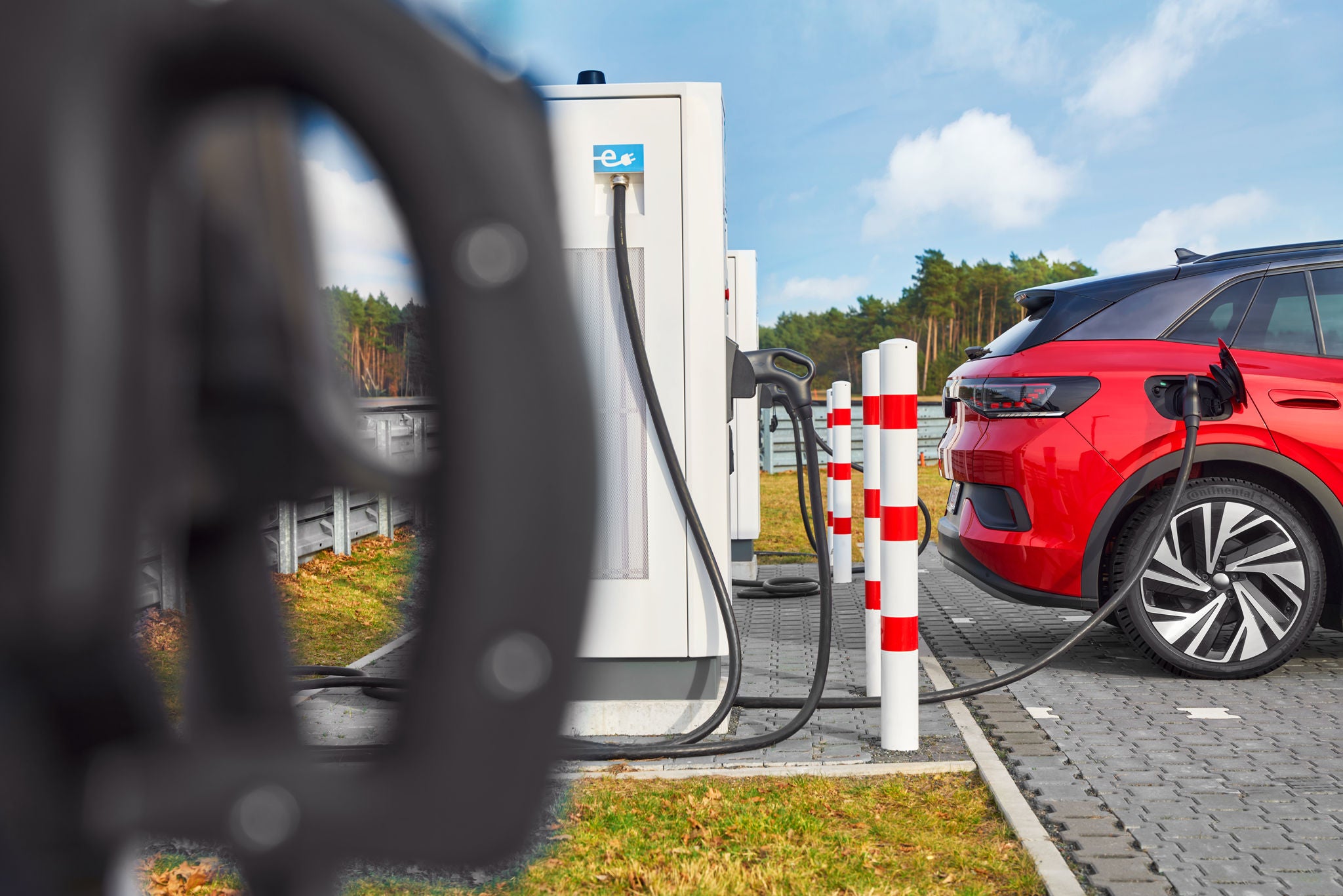
Global EV dominance
Three major markets were instrumental in driving this electric vehicle (EV) surge. China led the way, accounting for a remarkable 60% of global electric car sales. Over half of the world’s EVs now grace Chinese streets, and China has even surpassed its 2025 target for new energy vehicle sales.
In Europe, the second-largest EV market, sales surged by over 15% in 2022. This translated to more than one in five cars sold in Europe being electric. Meanwhile, in the United States, the third-largest market, electric car sales experienced a remarkable 55% increase in 2022, achieving an 8% market share. (Source: IEA 2023)

Top 10 cities that are leading the way
As more people make the switch to electric, cities are stepping up their game to provide the necessary infrastructure and support for EV drivers. In this article, we’ll explore the 10 cities that are leading the charge towards green mobility and making it a breeze to drive an EV
These cities are not just dreaming of a sustainable future – they’re taking concrete steps towards make it a reality.
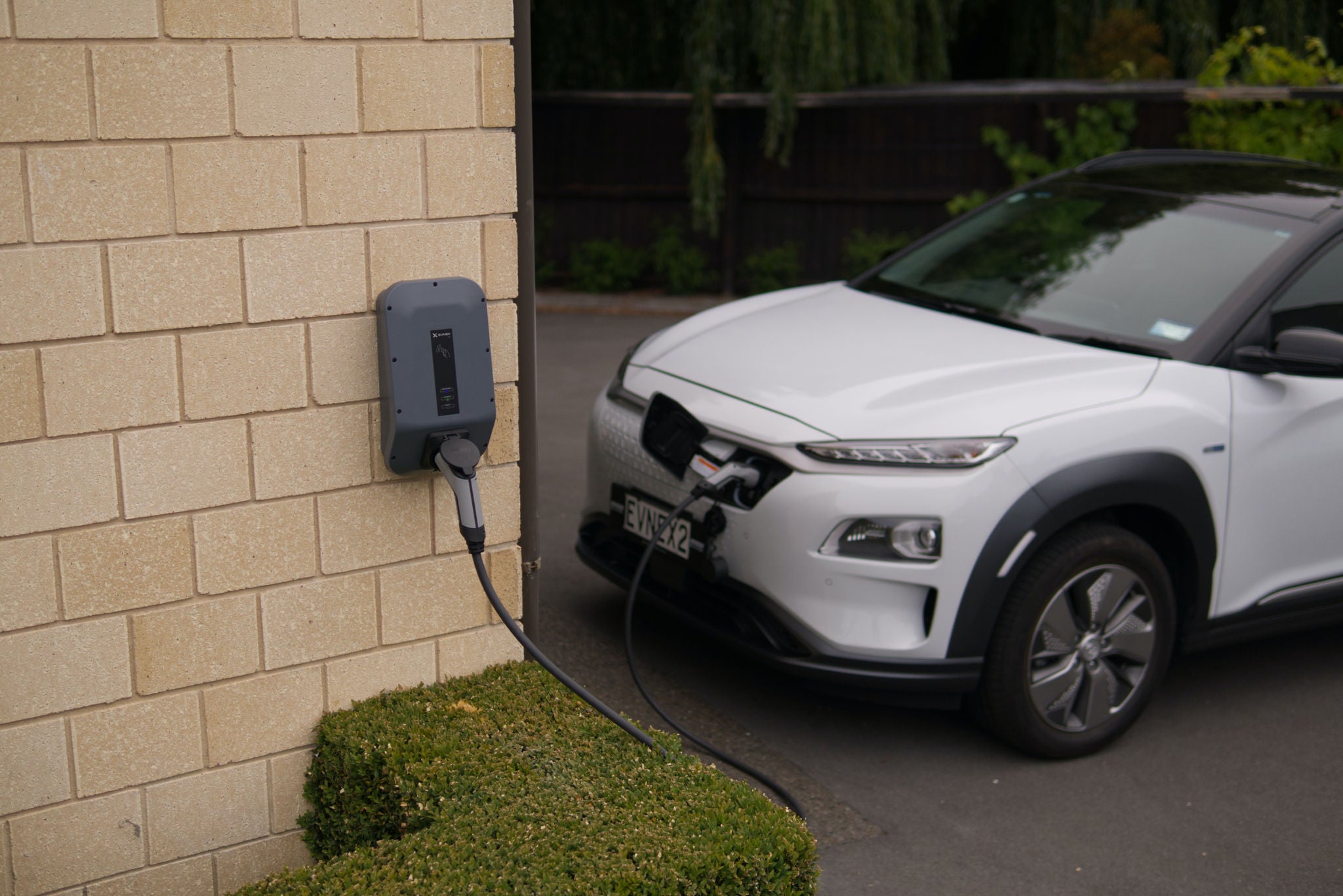
10. Tokyo, Japan. Charging Infrastructure Revolution
Tokyo’s government is ramping up efforts to boost electric vehicle (EV) adoption in the city. Their plan includes incentivizing developers to install EV chargers in apartment buildings and mandating such installations in new apartment towers starting in 2025.
The ultimate goal? By 2030, Tokyo aims to have 60,000 EV chargers in apartment buildings, a significant increase from the 393 chargers available in 2021. Japan’s relatively slower EV adoption compared to regions like Europe, the US, and China has made it challenging to establish charging infrastructure in buildings.
This initiative is a vital part of Tokyo’s 2050 Net Zero strategy, which prioritizes zero-emission vehicles. Given Tokyo’s status as the world’s largest urban area, with over 38 million residents as of 2020, these efforts hold immense importance in the quest for a more sustainable and environmentally friendly future.

9. Shenzhen, China. Leading the charge as China´s EV city
Shenzhen, China, has emerged as a global trailblazer in electric mobility. The city boasts an extensive network of DC fast chargers, making up 16% to 45% of its public charging infrastructure. Shanghai and Shenzhen have taken decisive steps to promote electric vehicles by exempting them from strict registration lotteries and auctions, signalling a commitment to a green future.
Shenzhen’s ambitious target of selling 120,000 new energy vehicles by 2020 has propelled its EV market forward. Moreover, the city achieved a significant milestone by making all its buses zero-emission by October 2017, setting a high standard for sustainable public transportation.

8. Copenhagen, Denmark. Proximity to charging points
Copenhagen, the European Green Capital of 2014, continues its commitment to environmental sustainability. By 2025, the city plans to have publicly accessible charging points within just 250 meters of all multi-story buildings.
This dedication ensures convenient access to charging infrastructure for all EV and hybrid vehicle owners, making clean transportation more accessible than ever. They also committed to achieving zero-emissions transport within the city by 2025.
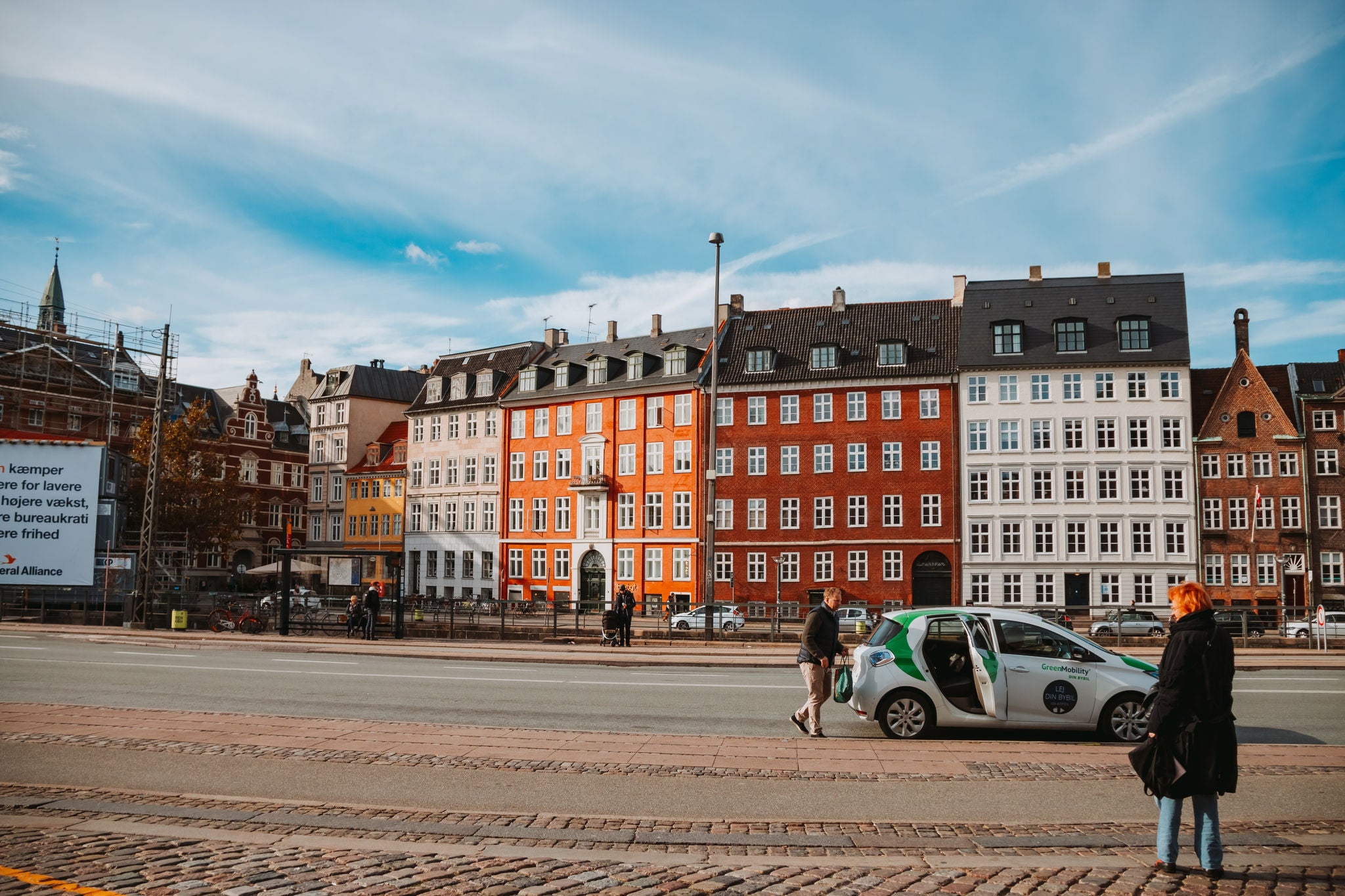
7. Vienna, Austria. Abundant charging stations
Vienna boasts over 950 EV charging stations, ensuring widespread accessibility with a charging station available every 400 meters on average. These stations offer eco-conscious drivers the option to power up their vehicles with 100% green energy. Vienna’s commitment extends beyond individuals, with subsidies for corporations, EVs, and even buses, making electric mobility an attractive option for all.

6. Los Angeles, USA. A pioneer in electric vehicle adoption
Los Angeles is leading the way in electric vehicle (EV) adoption with ambitious targets: 10% of vehicles electric by 2025 and 25% by 2035. LA boasts an impressive milestone of 100,000 cumulative EV sales, making it a global leader in the EV movement.
The city is also setting an example by making half of its municipal fleet electric as of 2017. In the United States, the ratio of EVs to charging points is notably high, thanks to widespread private home and workplace charging infrastructure. LA’s commitment to clean, electric mobility is a beacon for cities worldwide.

Worldwide numbers of privately owned electric vehicles per city
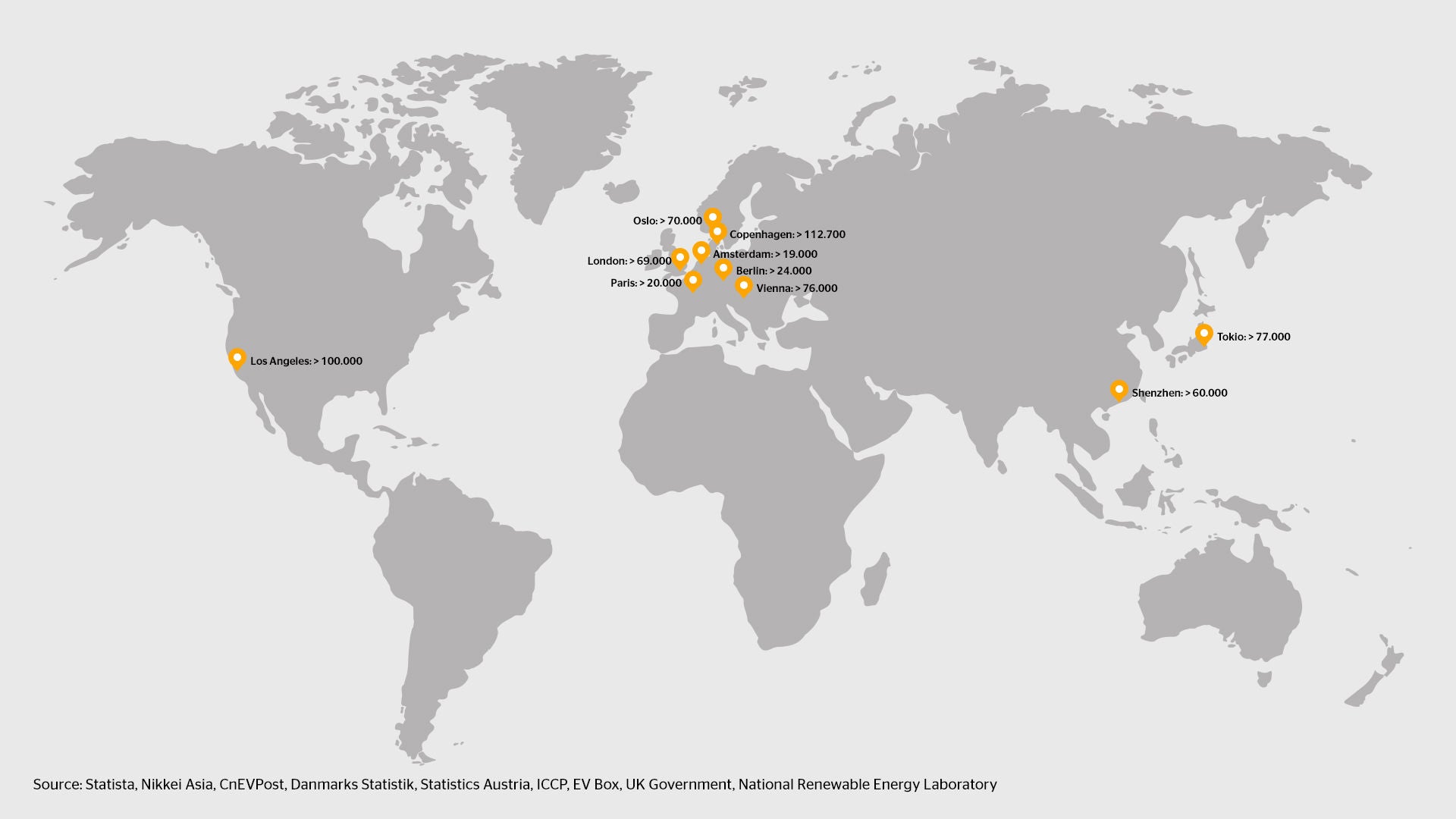
5. Berlín, Germany. Charging Hub of Europe
Berlin leads the way in Germany with over 2,000 EV charging stations, making it the country’s charging hub. While most stations are slow chargers, the city is rapidly adopting solutions to reduce charging times and expand infrastructure.

4. Oslo, Norway. The electric future is here
In 2022, more than 28% of passenger cars in Oslo were fully electric, aligning with the city’s goal for all passenger cars to be electric by 2030—a goal well on track to be met as new car sales in Oslo in 2021 comprised an impressive 71% market share for fully electric vehicles. Furthermore, Oslo is making strides in public transportation, with nearly 40% of city buses and all passenger ferries set to be fully electric this year, in line with the city’s aim for all public transport to be zero-emission by 2023. These achievements are largely attributed to national tax exemptions for zero-emission cars and local policies, including significant toll road discounts of up to 75% for electric vehicles, permission for electric cars to utilize bus lanes, and cheaper public parking rates. To support EV adoption, Oslo boasts a robust network of over 2,100 street charging points for residents.

3. Paris, France. Growing charging network
Paris has over 2,200 EV charging stations, located in various places such as public car parks, on-street parking, and workplaces. Charging an EV in Paris is generally more cost-effective than refuelling a petrol or diesel vehicle, making it an attractive option for residents and visitors.
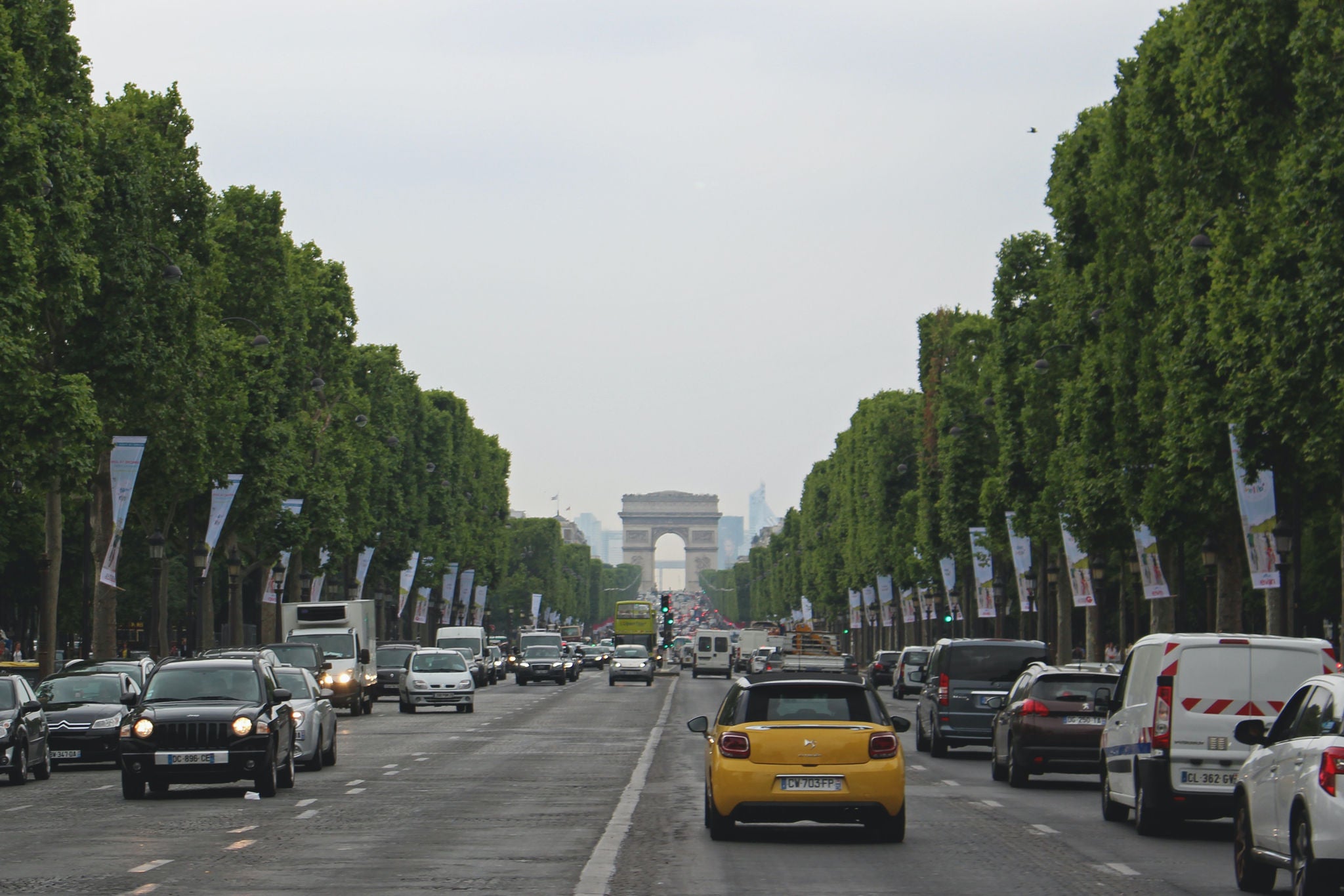
2. Amsterdam, Netherlands. Aiming for carbon neutrality
Amsterdam is committed to becoming carbon-neutral by 2050 and has over 4,800 EV charging stations to support this goal. While most are slow chargers, the city is also investing in fast chargers to make EV charging even more convenient. Electric vehicle markets in Norway and the Netherlands have the highest concentration of public charge points, but universal charging benchmarks that span all these global markets are not yet evident.
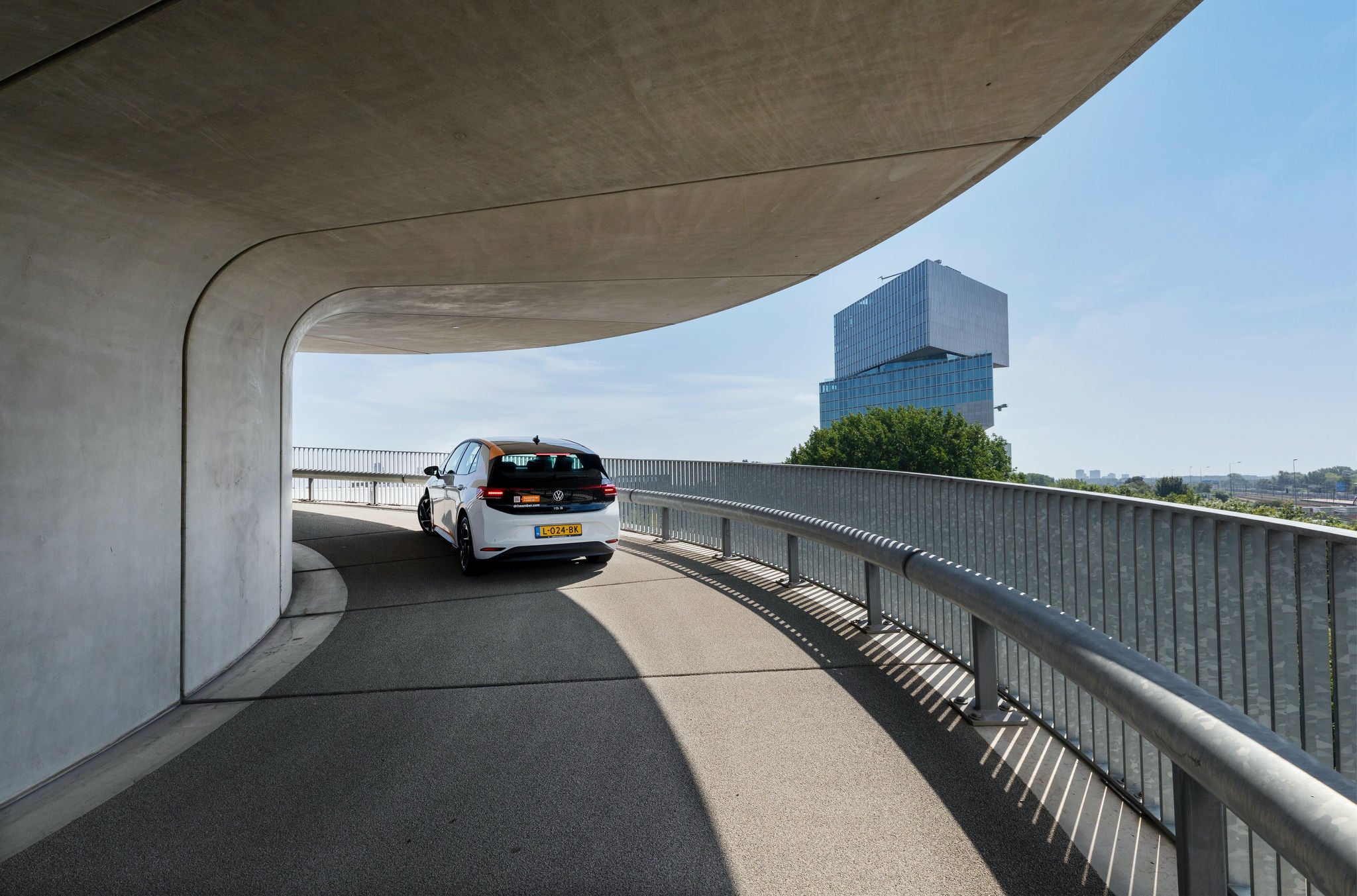
1. London, UK. Leading the European charge
To conclude, these cities are setting the standard for green mobility by prioritising EV infrastructure, accessibility, and incentives. Whether you’re a resident or a visitor, driving an EV in these cities is not only environmentally friendly but also incredibly convenient. Also, most Continental Tyres are EV-compatible to pave the way for a cleaner, greener, and more efficient transportation system.
